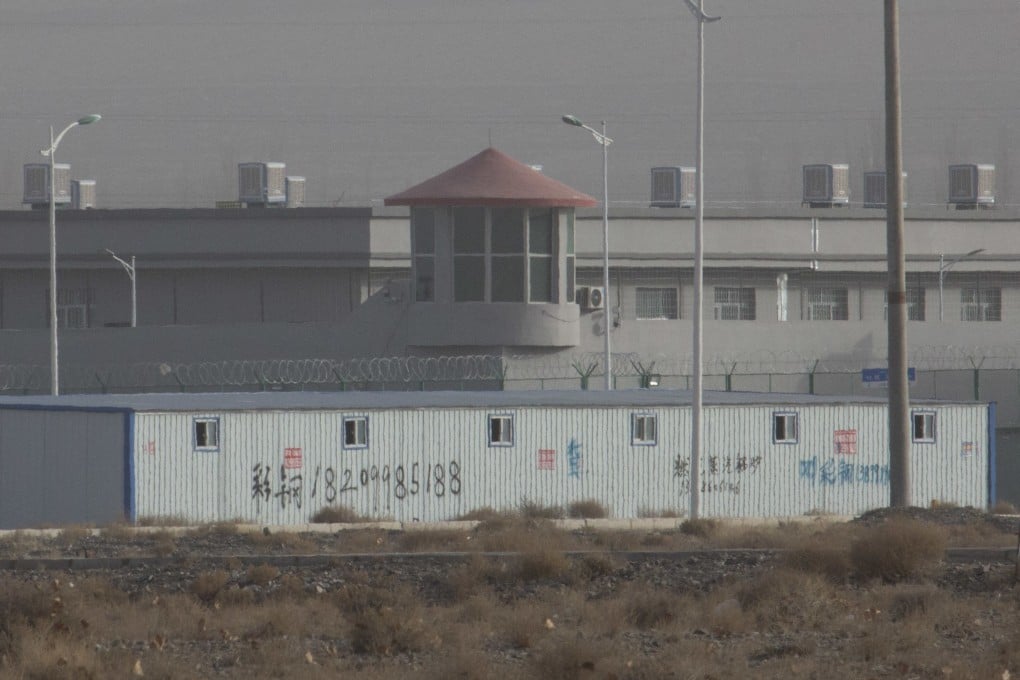Advertisement
China punishes citizens for sharing information on Xinjiang, top security body reveals
- Newly disclosed cases show Beijing uses anti-espionage laws against Chinese nationals who leak documents to overseas organisations
- Article says NGOs and foreign forces used information to ‘forge lies’ about forced labour and coerced people to ‘slander and discredit’ China’s image
Reading Time:2 minutes
Why you can trust SCMP
58

Vanessa Caiin Shanghai
Beijing has used anti-espionage laws to punish Chinese nationals for providing overseas organisations with Xinjiang-related documents, some of which were used to fuel allegations of forced labour, according to cases made public on Friday.
Advertisement
Details of the cases were revealed in an article posted on the website of the Central Political and Legal Affairs Commission, the Communist Party’s top security body responsible for overseeing all law enforcement agencies, national security and intelligence systems.
The six cases, meant to serve as warnings about offences that threaten national security, were made public a day before National Security Education Day on April 15.
It is rare for authorities to disclose details of espionage cases related to the Xinjiang Uygur autonomous region. Beijing has repeatedly denied the credibility of reported leaked official documents from Xinjiang that have been widely quoted by Western media and governments.
Beijing has also denied accusations of human rights abuses against the Uygur Muslim population in the far western region.
The article mentioned one case involving a local civil servant in Xinjiang, identified as Han Xiao, who allegedly provided confidential documents and information to a foreign intelligence agent in exchange for pay.
Advertisement
Han was asked to collect classified documents from party and government organs, according to the article, which did not give further details on the nature of the documents. The civil servant also received training in espionage, it said.

Advertisement